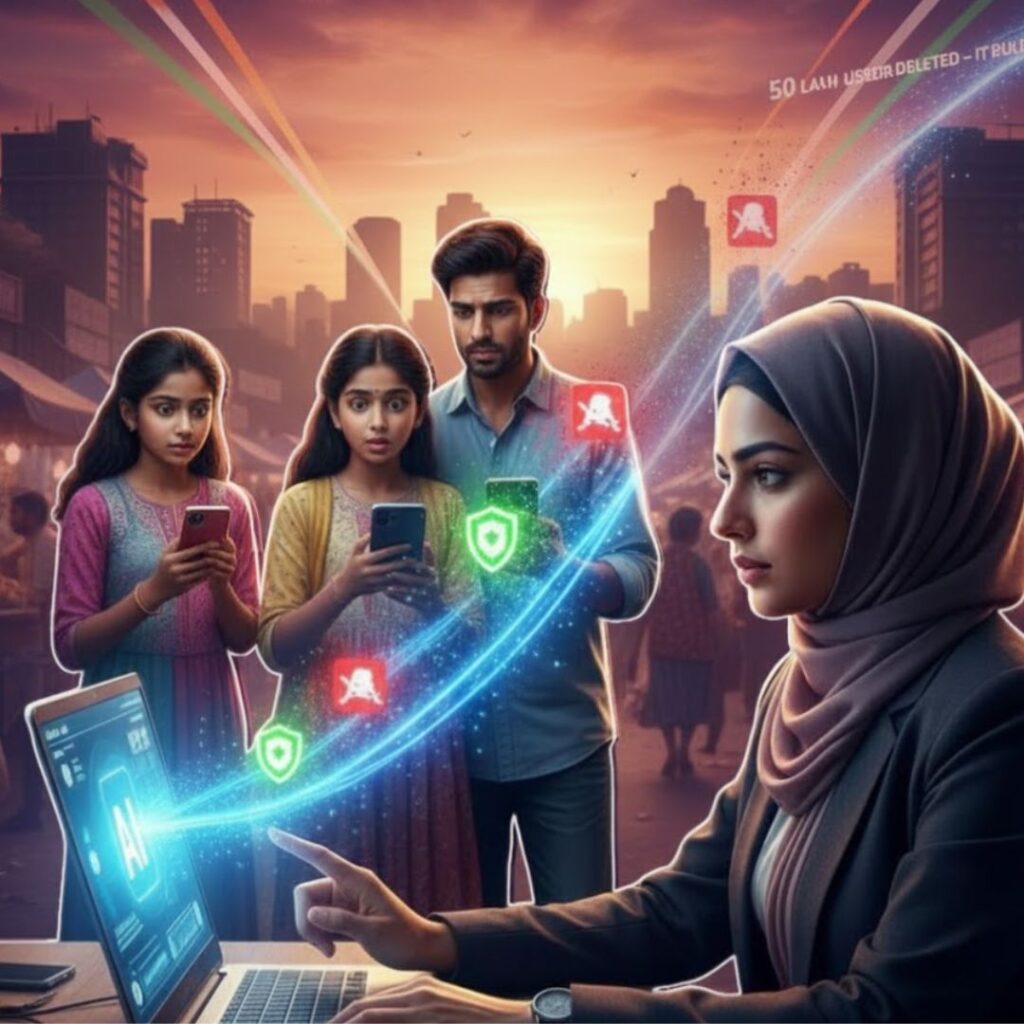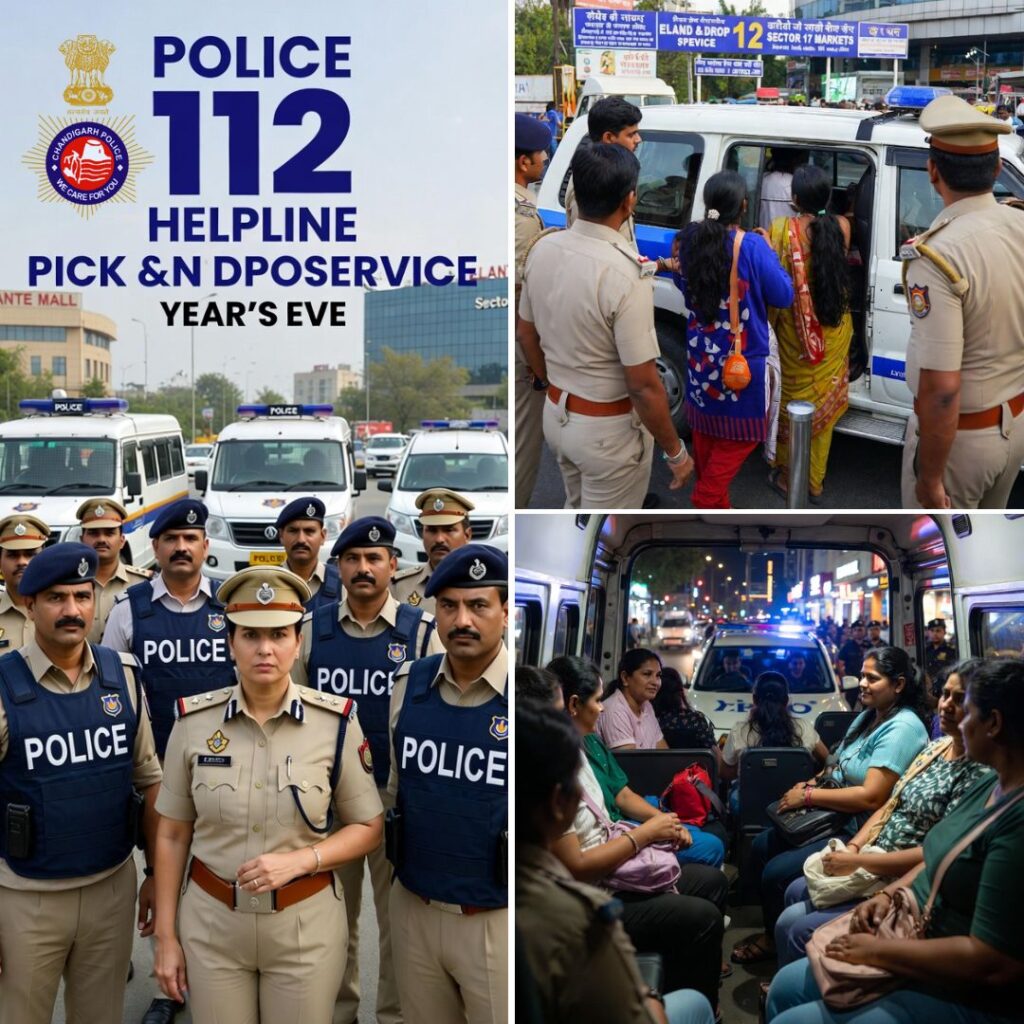In a bid to revive the lost glory of tribal arts and culture in Maoist-affected areas of Bastar region in Chhattisgarh, two Indian engineers, Abhinav Satpathy, an IIITian from Bengaluru and Ankesh Banjare a NITian from Raipur — took up the challenge to transform the lives of the tribals by mainstreaming their vanishing traditional arts.
The tribal-dominated Bastar region is one of the worst Maoist affected territories in India. In an ongoing decade-long tussle between the armed forces and the Naxals, the tribal arts have vanished.
The duo embarked on a long journey in 2018 and launched the venture focussing on uplifting the social and economic aspects of the tribal arts.
Six months after launching the Dhokra art form in April 2019 which was fading away, they sold tribal arts worth Rs 10 lakhs with the help of e-commerce websites. Currently, they are employing nearly 50 tribal families of Bastar district and transforming their lives.
The idea took its shape after exhaustive research of more than six months and in April 2019, they set-up their company ‘Coshal Art’ (https://coshalart.com/home) in Bastar focussing on the Dhokra art form.
The Dhokra artists are metalsmiths who work with bronze and copper-based alloys. The lost wax casting method of metal casting, popularly known as Dhokra, is a primitive technique, which can be traced back to the Indus valley civilization.
Both entrepreneurs want to bring art delicacies into the mainstream market and provide an opportunity for the local artisans to earn both money and recognition. The artefacts are grouped under the decor, utility, and jewellery category with items ranging from as low as 100 bucks to more than 1.5 lakhs for certain products.
Ankesh is a National Insitute of Technology-Raipur alumnus and his partner Abhinav is from International Institute of Information Technology- Bengaluru. Ankesh completed his graduation in 2017 and Abhinav pursued PG Diploma in data analytics in the year 2019. They met during a fellowship programme on entrepreneurship from School for Social Enterprise, Delhi. ‘This year-long programme helped us to initiate this project, set-up the initial structure, analyze the local market, the condition of artisans, and other fundamentals of this art-form and gave us a clear idea of how to go about it,’ said Abhinav.
The duo describes their career-turnaround step taken as an escape from the rat-race of education and employment in our country.
‘We never wanted to fall for this trap. There are brilliant minds among us who can do wonders but they get stuck in this morbid circle of employment and thus their potential is left unattended’ said Ankesh.
Though indigenous to Dhamar tribes from West Bengal and Odisha, this art form has been close to Bastar tribes for centuries. The bell metal handicraft has seen great demand in the city culture.
‘People are actually appreciating this art form now. We have seen great demands from people who now want to decorate their homes with a piece of bell metal artwork,’ Ankesh added.
With the use of a little colour, change in texture, we have given a modern look to the centuries-old tribal art and it’s selling like a hot cake in the market, they said.
Profits surged without a middle man
Bastar has had its fair share of middlemen undercutting the profits of artisans on a large scale. But the duo, Ankesh and Abhinav have provided the artisans with a direct link to the customers. Using e-commerce websites and its wide reach among the customers, the demand has surged drastically for the first-hand workers.
With no intervention of middlemen, they are able to get almost 75-80% of the selling price. The rest goes into Marketing, Packaging, and other necessities.
The Company-Coshal Art currently sells through Amazon Karigar, Flipkart, Etsy, and their own website. They plan to reach out to artisans pan India and help them capitalize on the market demand.
Talking about the early days of the project, they recalled, ‘Convincing the locals for this project was a tough nut to crack because people do not trust outsiders easily. They get duped, are misinformed, and ill-treated. It took us three months to find the first few families willing to work with us. Now that we have done our part and people are earning good, other families are also joining the club,’ Ankesh said.
‘We used to sell to the local buyers at low rates from INR 100-500. Now with these guys we are selling directly to the customers and earning almost three times more than we used to’, said Tirnath Jhara, an artisan, who cherished bell metal art.
‘Among many, the challenge of working in a gun-dominant area tops the list. Though the government claims that it has made significant progress towards eradicating the Naxal problem, the ground reality deviates from these claims’ added Ankesh when asked about working in a Maoist dominant turf.
Talking about expansion plans, the duo said that they plan to work with artisans pan India. They have identified the markets and based on t…











